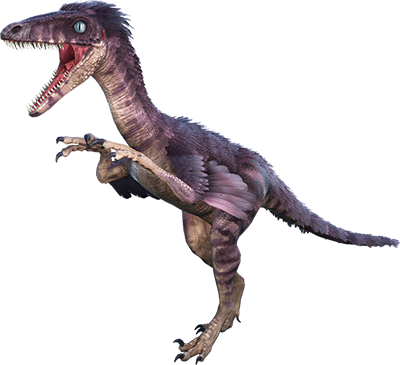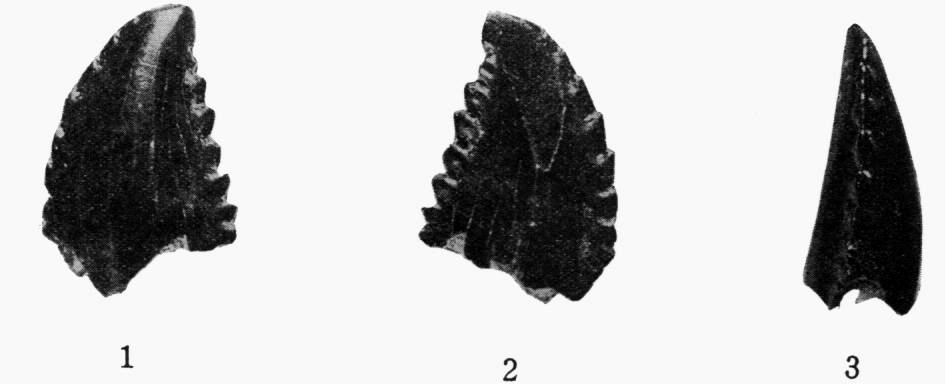if you think about it. for example, if you go up to a turtle, you'll find it doing turtleish matters. clearing grass or trees...if you're a tortoise and doing these things are important to them. it's what they think about.
they think, i don't know why i should do this, but i have this urge to do it. they don't know that it's beneficial to their environment.
go up to a bacteria, and you'll find it doing bacteria matters. like i think i should invade a pig and get it's immune system to be stronger. or a virus and get it's genes to swap around.
everything you see in the world is doing something that has some kind of outcome to the eventual so-called benefit to the environment. suppose ima bat, and im ugly. and i live in caves. and i carry some of the worst diseases ever. but i go around pollinating the world. i was the one that carried bacteria and diseases around and allowed them to create a more diversified ecosystem.
i was a virus once. once upon a time, i was just organic molecules and came together to form RNA and helped start life.
and now i am human. and i don't have any purpose. my only purpose is that i have formed a brain that can think about why i don't seem to have as an important a function as turtles anymore.
if the universe behaves like an organism, why did it build me?
they think, i don't know why i should do this, but i have this urge to do it. they don't know that it's beneficial to their environment.
go up to a bacteria, and you'll find it doing bacteria matters. like i think i should invade a pig and get it's immune system to be stronger. or a virus and get it's genes to swap around.
everything you see in the world is doing something that has some kind of outcome to the eventual so-called benefit to the environment. suppose ima bat, and im ugly. and i live in caves. and i carry some of the worst diseases ever. but i go around pollinating the world. i was the one that carried bacteria and diseases around and allowed them to create a more diversified ecosystem.
i was a virus once. once upon a time, i was just organic molecules and came together to form RNA and helped start life.
and now i am human. and i don't have any purpose. my only purpose is that i have formed a brain that can think about why i don't seem to have as an important a function as turtles anymore.
if the universe behaves like an organism, why did it build me?
 - Wonderboy
- Wonderboy




Comment